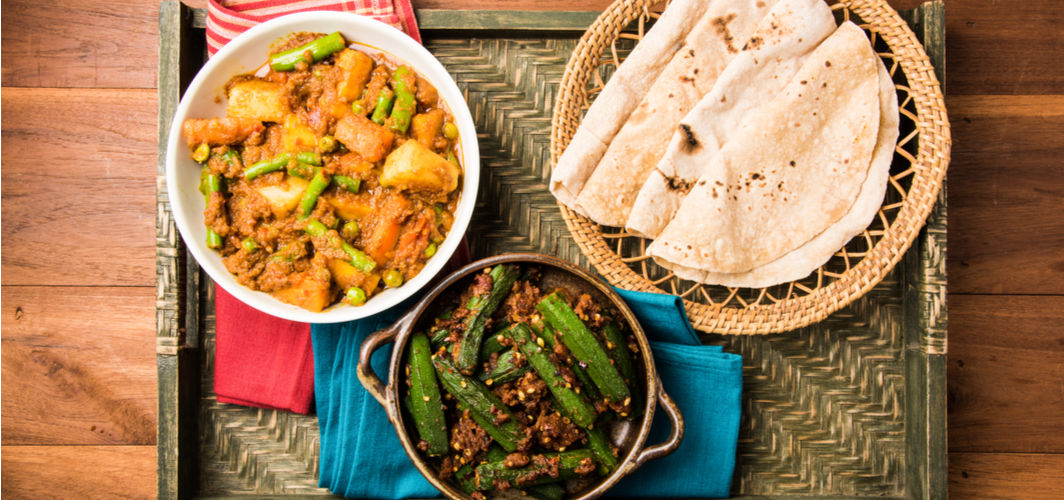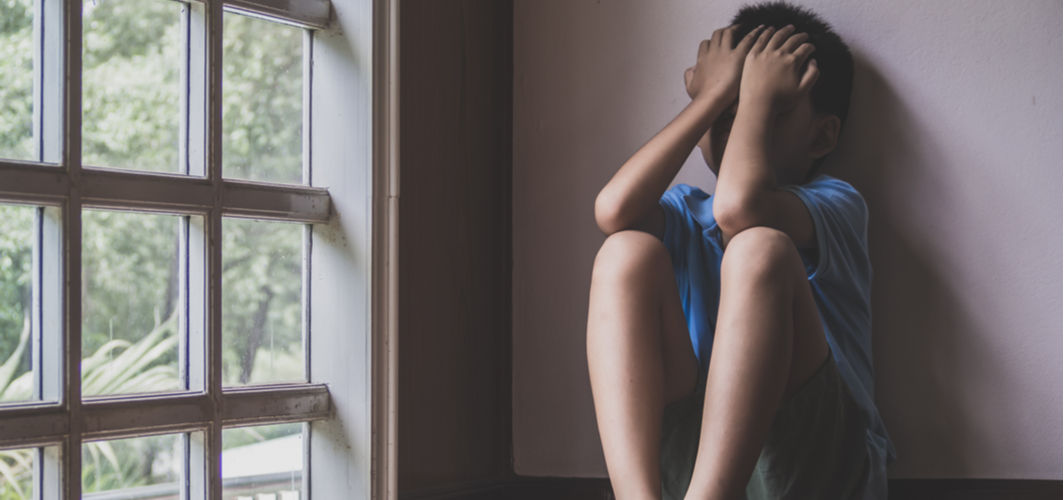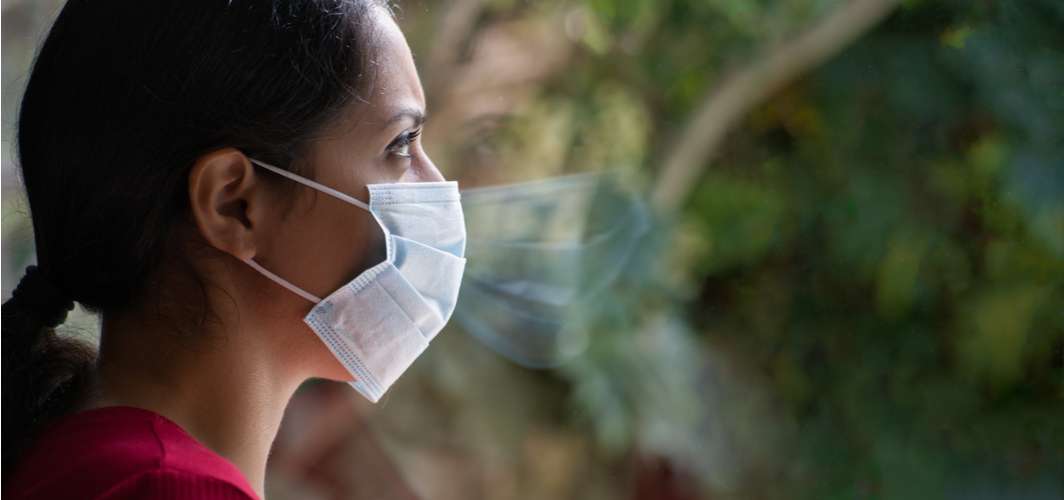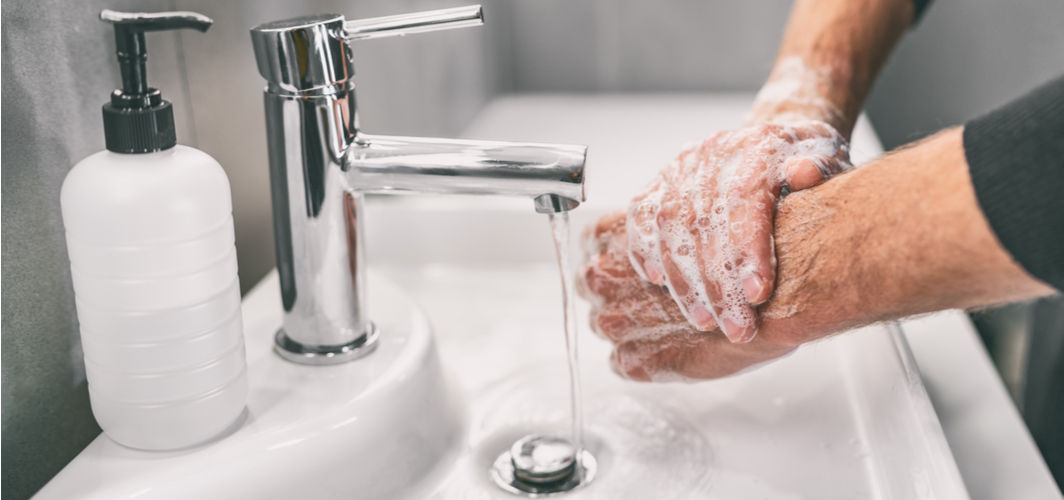Coronavirus Updates
Does Coronavirus Spread Through Food and Water?
4 min read
By Apollo 24/7, Published on - 04 June 2020, Updated on - 18 October 2022
Share this article
3
5 likes

COVID-19 is a respiratory illness that has affected the majority of countries in the world. The primary route of transmission for Coronavirus is either through person-to-person contact or by touching Coronavirus contaminated surfaces. During the times of uncertainty like the present, we often worry about different ways by which Coronavirus may infect us. There have been a few speculations if Coronavirus may spread by either food or water.
Can food and food package transmit Coronavirus?
Currently, there is no evidence to support that Coronavirus can spread through food. Even if Coronavirus were to land on food that you ate, there is no evidence that swallowing can cause COVID-19 infection. Moreover, Coronavirus cannot multiply in food; the virus needs either an animal or a human body to multiply.
It is possible that food packaging may have Coronavirus on it. Till now, there is not enough data to prove the transmission of Coronavirus through food packaging containers. Recent research evaluated the survival of Coronavirus on surfaces that were published in the New England Journal of Medicine (NEJM). It revealed that Coronavirus can remain viable for 72 hours on plastic and stainless steel, and up to 24 hours on cardboard. This data is from an experimental study and cannot be compared to a real-life environment.
However, it is important to follow the precautions recommended by experts to avoid the risk of exposure to Coronavirus. Hence, the World Health Organization (WHO) and the Centre for Disease Control and Prevention (CDC) have recommended the following precautions:
- Always wash hands with soap and water for at least 20 seconds before preparing and eating food, and also after handling raw meat or poultry
- Wash all surfaces and equipment used for food preparation such as cutting boards, utensils, and wiping cloths. Air-dry them immediately as the Coronavirus may grow faster in damp places
- Keep the food covered in closed containers
- Keep pets away from the kitchen area. Wash hands thoroughly after playing with them
- Keep raw meat, poultry, and seafood separate from other food items while shopping and storing in a refrigerator
- Use separate utensils, knives and cutting boards for handling raw food items
- Always refrigerate perishable food items
- Coronavirus is similar to most viruses and bacteria found in food when it comes to resistance to heat. Hence, it is advisable to consume properly cooked food heated to at least 70oC for general food safety
- Wash fruits and vegetables in clear running tap water. There is no need to use any special disinfectants for cleaning food items.
Precautions to follow for food package:
It is always safer to consume home-cooked meals for general food safety. However, if we must receive a food package, we need to follow certain precautions and lessen the risk of Coronavirus. The precautions have been listed below:
- Maintain a distance of at least 6 feet from the delivery person; try to use contactless payments as much as possible
- Transfer food from the delivery package into a home container as soon as possible; discard the package in a closed bin
- Wash hands with soap and water immediately after discarding a food package.
General hygienic precautions:
- Use a tissue to cover your nose and mouth while either coughing or sneezing. Discard tissue in a closed bin and wash hands immediately
- Wash hands with soap and water for at least 20 seconds after blowing nose and going to the washroom
- Clean and disinfect all frequently touched surfaces at home.
Recommended Read: Can Frozen or Refrigerated Food Carry the Coronavirus?
Can water transmit Coronavirus?
As of now, Coronavirus has not been detected in drinking water. Moreover, most municipal drinking water systems use filtration and disinfection that should either remove or de-activate Coronavirus. Recently, Coronavirus has been found in untreated wastewater. Even though we have limited data, there is no information to date that anyone got COVID-19 because of exposure to wastewater.
Is it safe to visit either a food market or animal market?
According to WHO, it is safe to visit food or animal markets to procure food items; however, one needs to follow certain precautions such given below:
- Visit a market that practices good hygiene
- Wash reusable shopping bag and then re-use it after washing
- Maintain a safe distance of at least 6 feet from other shoppers and staff
- Wear a face-cover cloth mask and avoid touching it while you are outside the house
- Sanitize hands frequently with hand sanitizer which has at least 60 % alcohol.
Conclusion:
Coronavirus primarily spreads through droplets released by an infected person when either coughing or sneezing. Coronavirus can also spread when a healthy person touches virus-contaminated surfaces. Transmission of Coronavirus through food, food packages, and water as per research data appears to be less likely. However, we need to follow hygiene precautions to ensure general food safety.
Coronavirus Updates
Leave Comment
Recommended for you

Coronavirus Updates
Dealing with COVID-19 Triggered Psychological Issues in Children
The COVID-19 pandemic has affected the mental health of children and adolescents indiscriminately, resulting in the onset of several health problems such as anxiety and depression.

Coronavirus Updates
COVID-19 Double Mutant Variant: Should You be Worried?
Most health experts believe that the double mutant variant detected in India is unlikely to be more deadly or more transmissible.

Coronavirus Updates
What is the Right Way to Wash Hands?
Handwashing is one of the best ways to protect yourself and your family from getting sick. Learn when and how you should wash your hands to stay healthy.
Subscribe
Sign up for our free Health Library Daily Newsletter
Get doctor-approved health tips, news, and more.
Visual Stories

COVID-19 Home Care: Guidelines for Patients and Caregivers
Tap to continue exploring
Recommended for you

Coronavirus Updates
Dealing with COVID-19 Triggered Psychological Issues in Children
The COVID-19 pandemic has affected the mental health of children and adolescents indiscriminately, resulting in the onset of several health problems such as anxiety and depression.

Coronavirus Updates
COVID-19 Double Mutant Variant: Should You be Worried?
Most health experts believe that the double mutant variant detected in India is unlikely to be more deadly or more transmissible.

Coronavirus Updates
What is the Right Way to Wash Hands?
Handwashing is one of the best ways to protect yourself and your family from getting sick. Learn when and how you should wash your hands to stay healthy.